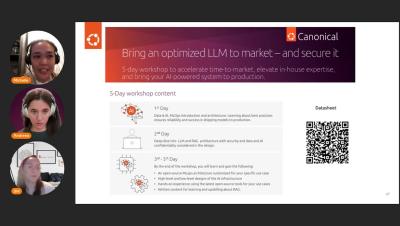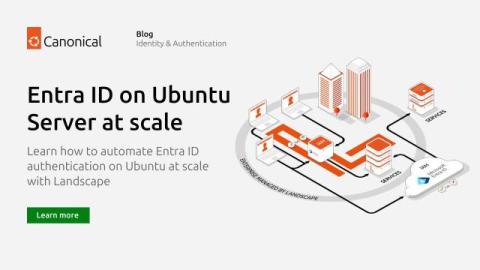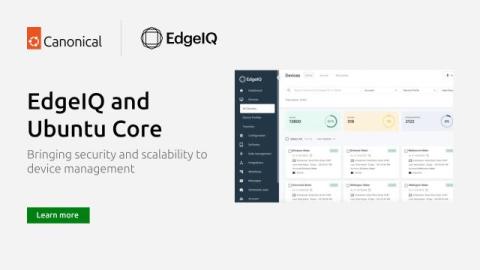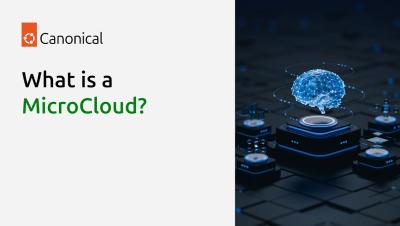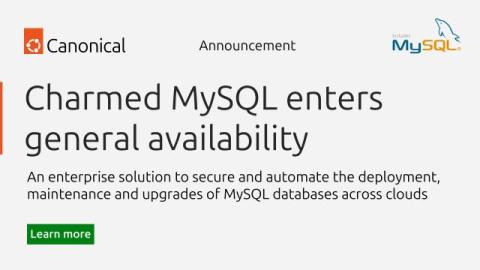GenAI security with confidential computing
Watch to explore how to ensure data security and privacy in AI applications that employ Large Language Models (LLMs). As generative AI becomes increasingly vital for enterprises – especially in applications such as chatbots utilizing Retrieval-Augmented Generation (RAG) systems – ensuring the security and confidentiality of data within these frameworks is essential. During this webinar: We will introduce confidential computing as a method for safeguarding data, with a specific focus on its application within RAG systems for securing data during usage or processing;


